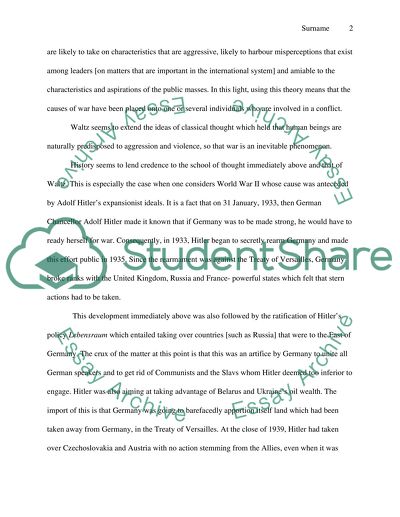Cite this document
(International relation-What is anarchy in IR What causes war Essay, n.d.)
International relation-What is anarchy in IR What causes war Essay. https://studentshare.org/politics/1631260-international-relation-what-is-anarchy-in-ir-what-causes-war
International relation-What is anarchy in IR What causes war Essay. https://studentshare.org/politics/1631260-international-relation-what-is-anarchy-in-ir-what-causes-war
(International Relation-What Is Anarchy in IR What Causes War Essay)
International Relation-What Is Anarchy in IR What Causes War Essay. https://studentshare.org/politics/1631260-international-relation-what-is-anarchy-in-ir-what-causes-war.
International Relation-What Is Anarchy in IR What Causes War Essay. https://studentshare.org/politics/1631260-international-relation-what-is-anarchy-in-ir-what-causes-war.
“International Relation-What Is Anarchy in IR What Causes War Essay”. https://studentshare.org/politics/1631260-international-relation-what-is-anarchy-in-ir-what-causes-war.


